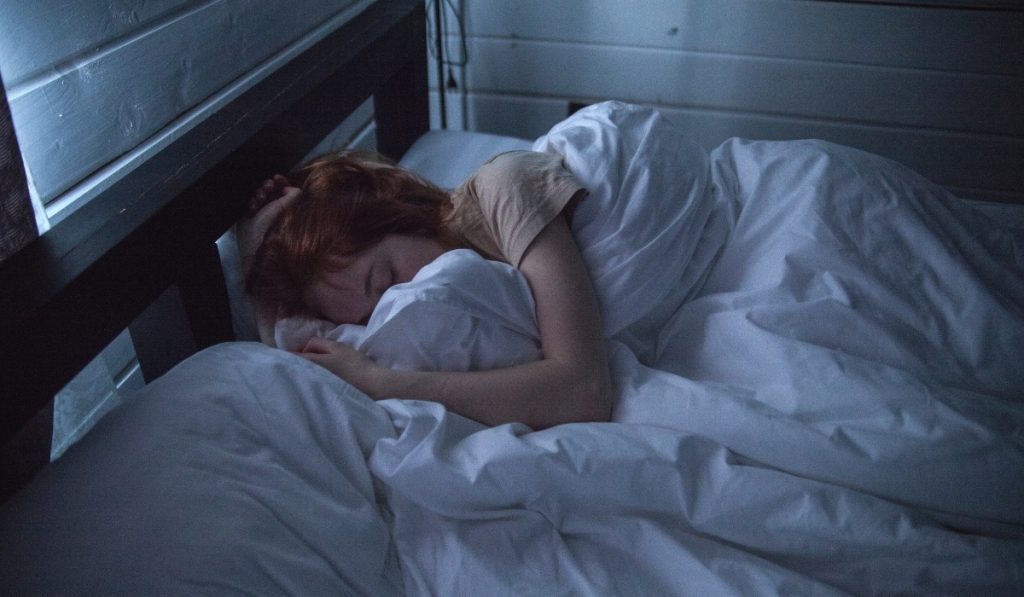Sleep is critical to our health status and well-being all through our lifetime. Getting enough sound sleep at the correct schedule can help protect our mental and physical health, as well as the quality of our life and safety.
Sleep deprivation has been shown in research findings to modify the function in certain areas of the brain. You may have difficulty making decisions, solving problems, controlling your emotions and behaviour, and coping with change if you are sleep deprived.
Sleep deprivation has also been linked to depression, suicide, and risky behaviour. Along with these mental health issues, it also boosts the potential risks of obesity, hypertension and stress with sleep loss. Sleep deprivation causes significantly greater blood sugar levels, which may raise the threat of diabetes.
Having proper sleep ensures that your mind and bodywork efficiently and in sync. The importance of good sound sleep every day cannot be emphasised more. But even when people are familiar with the benefits of getting enough sleep, most of us are stuck at the wrong notion of how it all works. Here are some of the most common yet popular sleep myths, busted!
1) Naps Can Compensate For The Loss Of Sleep
This might be the most common sleep myth ever; many people consider naps as compensation for last night’s sleeplessness. Although naps are healthy for us, they do not make up for the lost sleep. Naps are like a small break for a new and better mood to get back to work again.
2) Snoring Is Not A Health Issue
Snoring induces respiratory interruptions, which is a dangerous sign of sleep apnea. Sleep apnea is a condition that has been connected to an increased risk of heart disease, asthma, glaucoma, cancer, diabetes, kidney disease, and behaviour problems. If you’re worried about how snoring is interfering with your sleep, talk to your doctor about your check-up for sleep apnea.
3) Timing Doesn’t Matter
Having got sufficient proper sleep at the appropriate times allows you to function properly all through the day. People who don’t get enough sleep are less productive at work and school. They take longer to complete tasks, have slower reaction times, and make more errors. The timing of our sleep is a very important factor in determining our health due to sleep.
4) Night Workout Disrupts Sleep
The argument that exercising first before sleep will keep you awake and prevent you from sleeping is incorrect. Night workout has been shown in studies to have no negative effect on sleep. Both exercise and sleep can be beneficial to one another.
5) We Can “Catch Up” On The Lost Sleep
Catching up on sleep lost for an hour or two is possible; however, trying to “catch up with a week’s lost sleep is a different scenario. Pulling up all-nighters and back to back and not having enough rest can result in poor concentration and reaction time. This is dangerous in both long term and short term period.
6) One Night’s Lost Sleep Isn’t An Issue
After just one night of sleep deprivation, your neural activity enhances in the areas of your brain accountable for pain sensitivity. The worst part is that the activity in other areas of the brain that control how we perceive pain is reduced.
7) Snoozing The Alarm Is Normal
Suppose you are repeatedly striking the snooze icon. In that case, you will allow your body to return to lighter, lower sleep quality. For every time you press the snooze button, you restart the sleeping pattern, and each time the alarm goes off afterwards, you will be woken up in the midst of it, which may make you even more sluggish and tiresome. So it is better to turn that alarm off and get going with the day.
Fall Asleep Faster and Easier
Sleep is frequently the very first element that people usually cut from their timetables. Constructing rest and sleep will aid your fitness and well-being protection now and in the coming years. If you want to take steps for a better sleep schedule, you can consider the following:
• Try to maintain a schedule for your sleep and waking up
For this, start by sleeping at the same time every day and after a week, accompany this with waking up at the same time every day.
• Build a wind-down routine
This can help a long way in ensuring a good and peaceful sleep. This can include any calming and relaxing hobby or activity.
• Maintain your bedroom
Keep it at a suitable temperature for the whole night and also clean. Doing this will help you connect your activities.
• Avoid strenuous workouts right before going to sleep
Give your body to calm down and relax before bed to promote better quality sleep every night.
• Shut down the gadgets
Stay away from all the electronic gadgets for at least 2 hours before going to sleep. The lights emitted by these devices keep you awake, so you don’t want them to be around when you’re trying to sleep.
Conclusion
Acquiring high–quality sleep each night must be as important as developing numerous healthy decisions in our lifestyles. It is advisable to consult a doctor if your job or normal activities makes it difficult for you to get adequate sleep or sleep at the appropriate times. You should also consult your doctor if you sleep more than 8 hours per night but don’t feel rested. You could have a sleep disorder or another health issue. By paying attention to small issues regarding your sleep, you address much bigger challenges you might have faced due to them. Just remember that every habit requires time to build, so be patient and consistent with yourself, for yourself.





